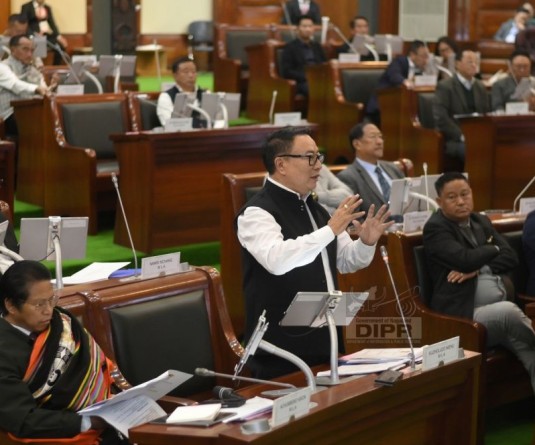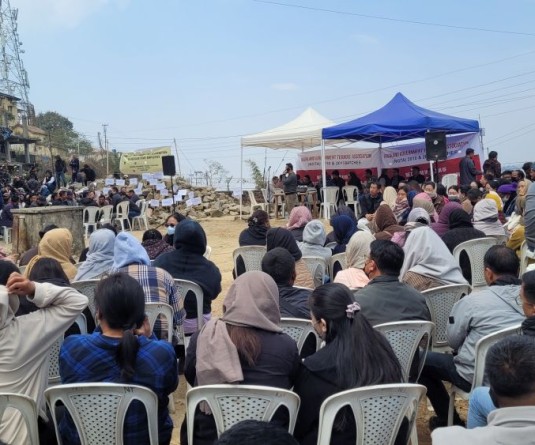
Morung Poll results raise questions for Naga leaders
Morung Express News
Dimapur | July 31
While the admittance of failure from the leader of a foremost church council in Nagaland was seen as recognition of its weaknesses and shortcoming, the recurring question among many readers is “What’s next?”
Rev. Dr. Zelhou Keyho, General Secretary of Nagaland Baptist Church Council (NBCC), the apex body of the dominant Baptist churches in Nagaland, admitted on July 22 that the Church has “failed the people” while launching its Clean Election Campaign (CEC).
Consequently, The Morung Express asked its reader last week, “Can NBCC’s admission of failure as a Church be seen as an opportunity to start doing and speaking what is right?”
An overwhelming 72% of the respondent agreed while 8% disagreed and 18% said ‘other’. However the massive endorsements came with a rider. Can it translate into some substantive changes on the ground?
It is inherent awareness of social change for the betterment of the society, but “can we change for the better?” asked one respondent adding, “We are good at lectures but do not walk the talk. We are not admitting the truth.”
NBCC coming out to admit its shortcomings are a very significant gesture, said another while expecting such action from other mass based organisations.
“The church has confessed. Now, the people who form our Govt & Bureaucracy should follow suit,” opined another. Is it ‘show-off’ again? There are skeptics as well. It’s another gimmick, one time admission cannot wash away everything, a reader said casually.
“If NBCC is serious they need to issue a press statement where they clearly say that they have committed wrong and are seeking forgiveness from the people. Till such an official statement is passed, I doubt it,” opined another. While others opined that NBCC’s admission of past mistakes is a good start, more has to be done.
A good beginning but needs coordinated effort
For those 18% who responded “others,” there is an agreement that the admission is a good start and a good opportunity to start anew but individuals need to “participate and support.”
Others remained adamant until they see changes on the ground and wondered whether the Church learned from its mistakes.
Many consider it a collective responsibility, not the church’s alone.
Accountability and integrity must start from each of us from top to the bottom otherwise we will be discussing the same corruption and bad roads and electricity 50 years from now, opined another.
Another respondent posed, “Who cast the votes? Are we a part of the problem or a part of the solution?” Some readers also wondered whether the General Secretary has admitted “failure” in his personal capacity or on behalf of NBCC.
Remedial measures
As a head start to the clean election campaign, some readers suggested removing the membership of those Church members named in corruption cases.
Others called for refusing tithes from those “who own property and assets which are higher than their known source of income.”
“Let the contesting candidates swear before congregation and God that they will not use money and muscle power during or after elections.”
Some also suggested revamping the Clean Election Campaign (CEC) and introducing it from the villages instead of Kohima.
But at the end of the day, there was a common consensus that if individual do not change and translate into societal change, the CEC exercise will once again prove futile.
“Who is a church? Church is us. Why NBCC failed? Because we failed. What should be done? We should all start changing instead of pointing at NBCC because it is just a name and the real NBCC is us.”






